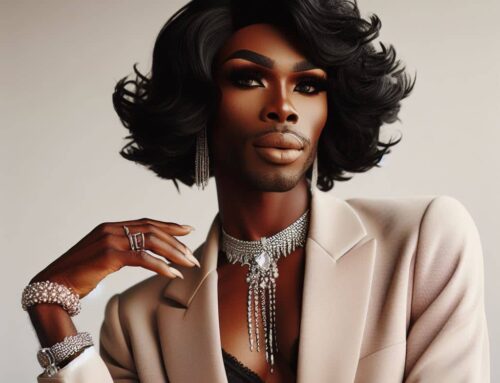 How much control do we have over our love choices.
How much control do we have over our love choices.
We don’t usually set out to choose an un-loving partner, but what research on attachment shows is that when we experienced an avoidant/insecure attachment style of parenting, we are more likely make less than ideal love choices.
We’re often subconsciously drawn to similar partners in terms of how loved they may have felt or feel as an adult, someone else who is lacking the capacity to love and be loved in return, something similar to our experiences as a young child is often the love choices we choose for ourselves.
From our early years, our brains make connections between behaviours and actions, so what we are familiar with, is often what we end up being drawn to, even as an adult when we of course have more choice, our early attachment can influence our love choices.
 Those love choices however can be seriously affected by what happened in our formative years and quite often, if we were amongst the 80% of children who had an insecure/avoidant attachment, then its very likely that we won’t recognise, or easily deal with a partner who was more fortunate, or experienced a more secure attachment from their parents than we did.
Those love choices however can be seriously affected by what happened in our formative years and quite often, if we were amongst the 80% of children who had an insecure/avoidant attachment, then its very likely that we won’t recognise, or easily deal with a partner who was more fortunate, or experienced a more secure attachment from their parents than we did.
It takes a little understanding, why would we make poor love choices, or to be with someone who can’t give and receive love, why would we choose more of the same, the answer is learned behaviours, its often all we know and what we know is much easier to cope with.
Combine that with the fact that insecure/avoidant attachment actually makes us feel un-lovable and un-worthy of love and you can start to see why a relationship with someone with the capacity to love and be loved in return may feel too difficult for us.
 Our self worth is partly borne from the type of parenting we received, a secure attachment results in confident, secure happy children, who then grow up to be fully functioning adults, with the abilities and self belief that they deserve the best, these people generally make great love choices based on a similar criteria to have relationships with.
Our self worth is partly borne from the type of parenting we received, a secure attachment results in confident, secure happy children, who then grow up to be fully functioning adults, with the abilities and self belief that they deserve the best, these people generally make great love choices based on a similar criteria to have relationships with.
Conversely, the person who thinks little of themselves, will be subconsciously drawn to relationships which do not meet their needs and continue in the same way as their early experiences. The good news is we can change our capacity to love and be loved by working therapeutically on our ‘self’.
For relationship support contact relate.org.uk
Online therapy is really effective in learning how to make better relationship and love choices.
Paul Parkin – online therapist and coach for life.



